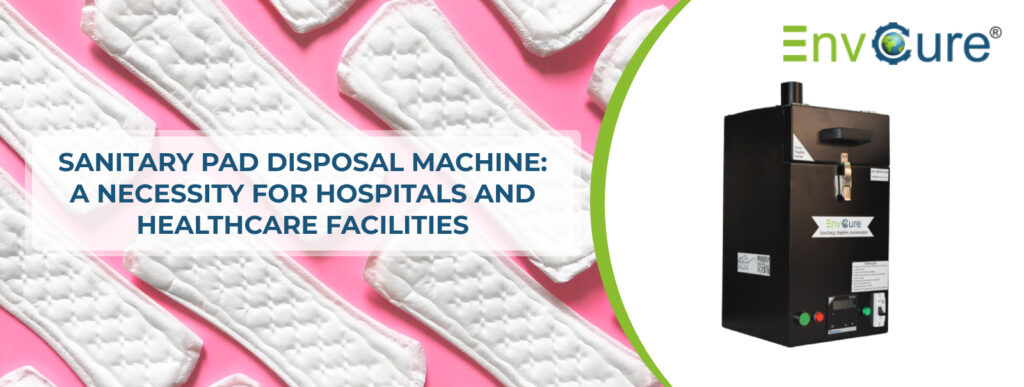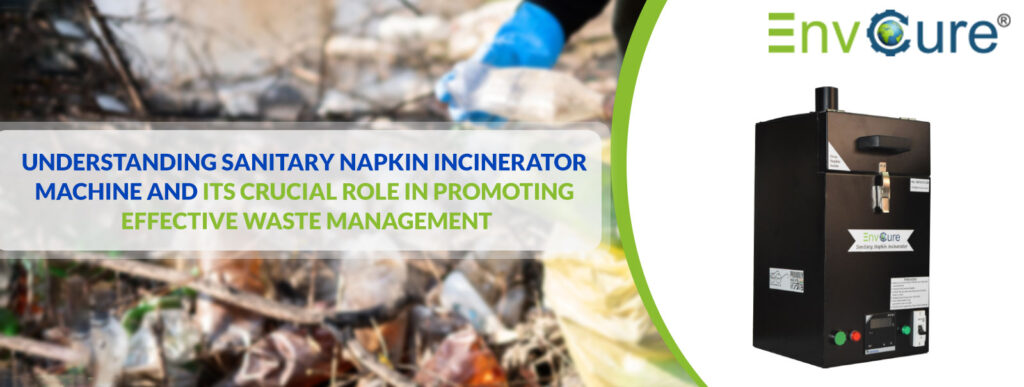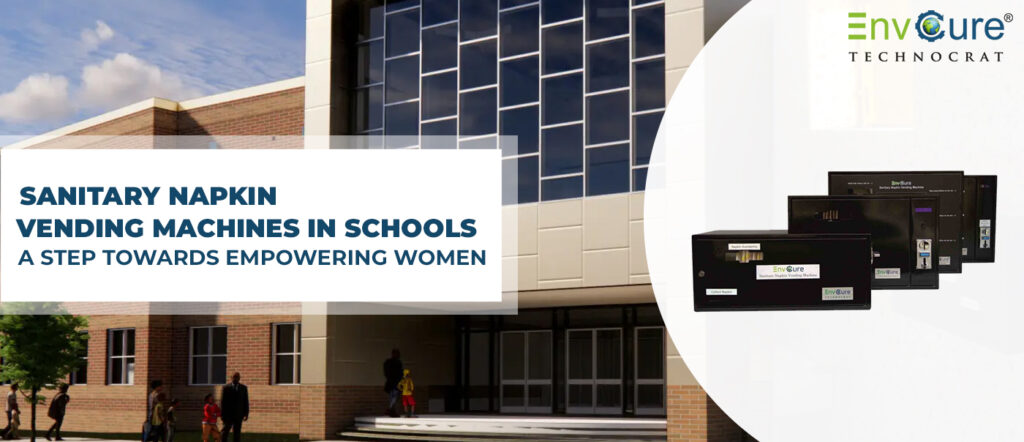The landscape of feminine hygiene is undergoing a transformative shift with the introduction of sanitary pad vending machines. These devices not only offer convenience but also empower women by ensuring they have access to essential hygiene products discreetly and efficiently.
Accessibility and Empowerment
How can we ensure that every woman has the autonomy to manage her menstrual health with dignity and privacy? The answer lies in improving accessibility to essential sanitary products through the strategic placement of sanitary pad vending machines. These machines serve as a vital resource, particularly in public institutions such as schools and universities, where young women can face significant barriers to obtaining menstrual products discreetly.
Key Points to Consider:
- Location and Visibility: Machines should be installed in easily accessible yet discreet locations to maintain privacy while ensuring convenience.
- Cultural Sensitivity: It is crucial to align the deployment of these vending machines with cultural norms and sensitivities to enhance acceptance and usage.
- Education and Awareness: Accompanying educational programs can help demystify menstrual health, encouraging more confident and informed use of the vending facilities.
Through these measures, sanitary pad vending machines not only promote better health outcomes but also empower women by mitigating the stigma often associated with menstruation.
Technological Advancements
In today’s tech-driven world, how can innovation enhance the basic need for menstrual health management? Modern sanitary pad vending machines incorporate advanced technologies that not only streamline the distribution of menstrual products but also enhance the user experience. These machines are equipped with diverse operational modes, including coin, RFID, and sensor systems, ensuring that women can access sanitary products effortlessly and with dignity.
Trends in Machine Technology:
- Smart Integration: Utilization of RFID and sensor technology allows for a contactless and hygienic transaction, crucial in today’s health-conscious era.
- Payment Flexibility: Modern machines offer multiple payment options, from traditional coins to digital payments, accommodating user preference and convenience.
- Sustainability: Eco-friendly models that use biodegradable materials or minimize energy consumption are becoming more prevalent, reflecting a commitment to environmental sustainability.
The evolution of these machines signifies a leap forward in making menstrual care products more accessible while keeping pace with technological advancements and sustainability goals.
Health and Safety
What are the health implications of inadequate menstrual hygiene, and how do sanitary vending machines play a role in addressing these concerns? Ensuring timely access to sanitary products is not just a matter of convenience but a significant public health concern. Vending machines provide a reliable solution by offering immediate access to sanitary pads, which is crucial in preventing infections and promoting safe menstrual practices among women, especially in high-traffic public areas.
Essential Benefits:
- Reduction in Health Risks: Regular and easy access to sanitary products helps reduce the risk of bacterial infections, which are prevalent when using unsanitary alternatives.
- Promotion of Hygiene Practices: These machines encourage good menstrual hygiene practices, which are essential for the health and well-being of women.
- Support in Emergency Situations: The strategic placement of these machines can be lifesaving in scenarios where immediate access to menstrual hygiene products is needed, avoiding potential health complications.
By addressing these critical aspects, sanitary pad vending machines contribute significantly to not only individual health and comfort but also broader public health outcomes.
Design and Efficiency
What considerations should guide the design of a sanitary pad vending machine to ensure it meets the needs of its diverse users? The design of these machines is critical for ensuring they are both functional and discreet. Companies like EnvCure focus on creating compact and efficient models that can be easily installed in various environments, from educational institutions to public restrooms.
Considerations for Optimal Design:
- Space Efficiency: These machines should occupy minimal space while being easily accessible. Wall-mounted or recessed designs can help conserve space and maintain aesthetics.
- Ease of Use: The design should cater to all users, including those with disabilities, ensuring that the interface and mechanics are simple and intuitive.
- Maintenance and Reliability: Machines must be durable and easy to maintain, capable of withstanding high usage without frequent breakdowns.
Efficient design not only addresses the practical aspects of installation and use but also enhances the overall user experience, making menstrual health products more accessible and less of a logistical concern.
Social Impact and Corporate Responsibility
Why is corporate responsibility crucial in the context of menstrual health, and how can businesses make a meaningful impact? The introduction of sanitary vending machines in public spaces is not just an innovation in product accessibility; it’s a statement about a company’s commitment to social issues. Businesses that invest in these machines are taking a stand for gender equality and public health, showing that they value the well-being of all individuals.
Actions for Corporate Engagement:
- Partnerships and Sponsorships: Businesses can partner with non-profits and educational institutions to provide these machines free of cost or at a subsidized rate, extending their reach to underserved communities.
- Awareness Campaigns: Companies can initiate or support awareness campaigns that educate the public about menstrual health, helping to break down taboos and promote a more inclusive society.
- Feedback and Improvement: Regular feedback from users can help companies improve the machines’ design and functionality, ensuring they continue to meet user needs effectively.
Through these actions, companies not only enhance their corporate image but also contribute to societal well-being, setting a standard for corporate responsibility and community engagement in addressing menstrual health challenges.
Conclusion
EnvCure stands at the forefront of this revolutionary change with its line of sanitary napkin vending machines. With a focus on environmental sustainability and innovative solutions, EnvCure’s products are designed to meet the diverse needs of modern women, ensuring they face no barriers in their daily lives due to menstruation. By choosing EnvCure, organizations can make a substantial difference in promoting menstrual hygiene, breaking down societal barriers, and empowering women across the globe.
Frequently Asked Questions:
Q.1. What are sanitary pad vending machines?
Ans. Sanitary pad vending machines are automated dispensers that provide sanitary pads to women in public places.
Q.2. How do these machines revolutionize feminine hygiene?
Ans. They offer easy access to sanitary pads, promoting hygiene, convenience, and dignity for women, especially in areas lacking such facilities
Q.3. What are the benefits of these machines?
Ans. They reduce the stigma associated with menstruation, ensure uninterrupted access to hygiene products, and contribute to a healthier environment.
Q.4. Are these machines cost-effective?
Ans. Yes, they offer a cost-effective solution for maintaining feminine hygiene in public spaces, benefiting both users and facility managers.








